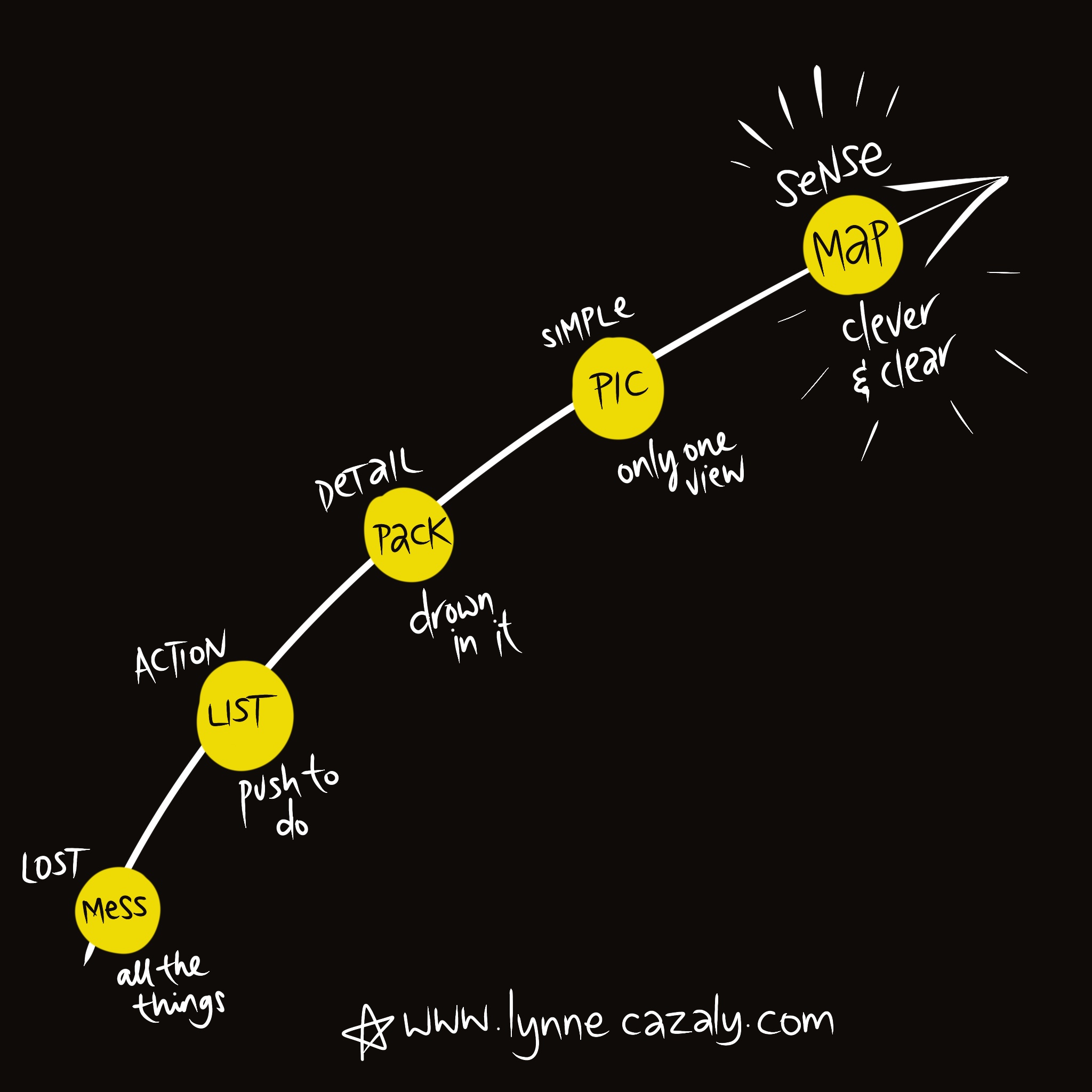‘How did you get started?' could be the wrong question
 Monday, February 10, 2020 at 4:26PM
Monday, February 10, 2020 at 4:26PM  When we’re starting a new venture, launching something or seeking advice, we may ask the default question, ‘How did you get started?’
When we’re starting a new venture, launching something or seeking advice, we may ask the default question, ‘How did you get started?’
It’s the wrong question. Well yes, ok, it’s a nice question and we hear someone’s story and learn interesting things about them. But... What if we asked a better question or series of questions? (Have we even thought about what those questions could be?)
What further, better and more helpful insights might be uncovered with more revealing questions? The starting or origin activity is nowhere near as insightful as the 1000s of decisions and actions that precede it or follow it. The origin activity could be as a result of luck, networks, opportunity, invitations or a happy collision. Great, nice to know. But what has happened since then?
What mindset, choices, decisions and experiments did this person experience, conduct, endure or achieve? This is where the insight is. In those 1000s of decisions and actions.
When you’re interviewing, podcasting, hosting a panel discussion, being the MC, introducing someone or having a conversation, go for something more than ‘How did you get started?’ There's so much more there.





















